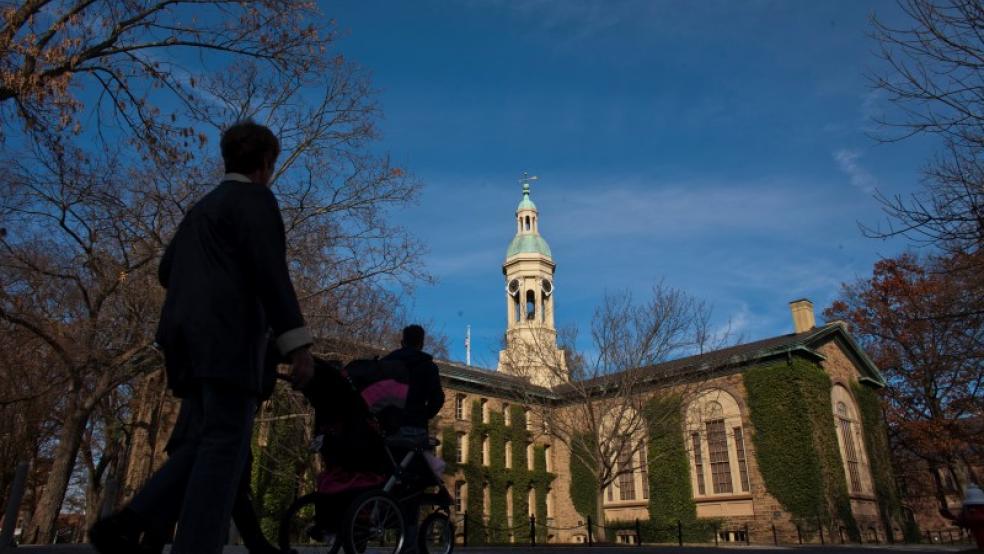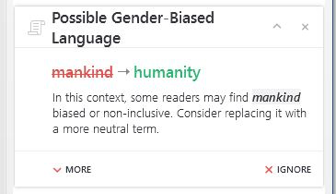Elle Woods, the sexy Harvard Law School student from la-la land in the 2001 comedy Legally Blonde, got a taste of what has become a daily diet of politically corrected speech.
In that movie, Enid, the super-smart lesbian in the study group from which Elle was excluded, was lobbying to change the word semester to “ovester.” The reason: semester sounded like semen, which was offensive to women.
Related: The Growing Danger of Defining Hate Speech
Today, PC language is causing a ruckus at Princeton and many other private and public universities. Some administrators want to ban what they claim is sexist terminology from official campus communications. Fireman, freshmen, and policewoman become firefighter, first-year students and police officer.
“Manning” the front desk is unacceptable. Employees must “staff” the front desk. This language war dates back to the early 1960s when feminists began writing irate letters to the editor complaining about words such as mankind. Today, those letter-writers are college administrators, determined to change the language by decree.
At Yale and Harvard, the undergraduate residences are overseen by faculty members known as “masters of residential housing.” Oops. Not anymore. The term master offended people of color, even though it was derived from schoolmaster or headmaster — the latter a term derived from Oxford and Cambridge.
Related: The Closing of the Millennial Mind on Campus
One of two things are apt to happen next: abolishing the Master's degree or implementing the Mistress degree. Wait. That doesn’t sound right.
There is a glimmer of hope for Princeton, as The Daily Princetonian is fighting back. A recent editorial said, “Censoring the English language through the dissemination of lists of acceptable vocabulary is contrary to the values of the University and a sinister first step towards Orwellian restriction of language and speech.”
In previous outbursts over this issue, some worried about what to do with terms such as “manhole.” Somehow person hole doesn’t sound right. “Mankind” should yield to “humanity,” but the word man is embedded in humanity, just as “son” is right there in “person” and “male” is buried in “female.”
And how about the sexist “Prince” in Princeton?
Related: Why College Professors Are Afraid to Teach Millennials
What if you are on a ship, maybe a Princeton cruise, and someone falls overboard? It would be sexist, of course, for Princetonians to shout, “Man overboard!” A quick poll among people on deck could settle whether most observers thought the unlucky person was male or female. Couldn’t they just yell, “Person overboard”? Not really.
A generic shout for help could be taken as a subtle rejection of the falling person’s private gender choice. Not everyone who appears to be a man considers herself a male, even during a fall overboard. “Possible male or female overboard” wouldn’t work either, since everyone knows there are somewhere between two and 32 genders and failing to acknowledge them all before attempting a rescue would surely be seen as non-inclusive and therefore micro-aggressive.
Since nomenclature is so difficult in this case, it might be just as well to let the individual drown and get the gender right later. The Princeton administration would know.






